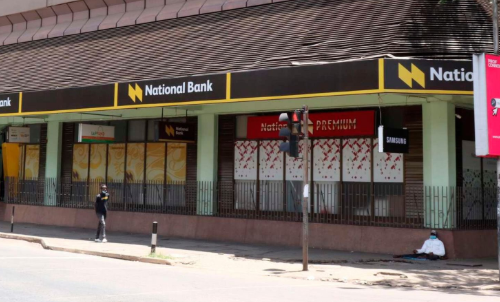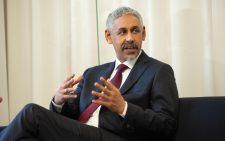Kenyan investor forays into Ethiopia now face mishaps

Political tiffs playing out in Ethiopia present a litmus test for Kenyan companies venturing into the populous nation for investment.
With the escalating conflict pitting a combined force of Tigray People’s Liberation Front (TPLF) and Oromo Liberation Front (OLF) rebels barely 300 km from the Capital City Addis Ababa yesterday, Business Hub has learnt that while investors may be dispirited, they take solace in the fact that they were still at the early stages of setting up their businesses.
“Some of these companies will be disappointed. They were however still at preparatory stages, putting in place the requisite infrastructure to start doing business,” said Gerishon Ikiara, a seniour economics lecturer at the University of Nairobi (UON).
He said the companies have no option but to put on hold all their plans as they hope for the situation to be resolved, a view Samuel Nyandemo, also a UoN lecturer agrees with, who said he does not expect the companies to relocate but “adopt a wait and see attitude.”
Right mix for investment
With a 6.1 per cent Gross Domestic Product (GDP) as per World Bank statistics equivalent to $107 billion (Sh11.9 trillion), a strong population of 115 million and liberalisation reforms undertaken by Prime Minister Abiy Ahmed’s administration, Ikiara said Ethiopia has the right mix that investors crave for.
As part of economic liberalisation, Abiy has increased foreign participation in the telecommunications, logistics, electricity and financial sectors in a bid to boost investment, attracting leading Kenyan companies amongst them Safaricom, KCB and Equity Banks, as well as state electricity utility generator KenGen eager to mine investment opportunities in the horn of African country.
KCB Group chief Executive Joshua Oigara, the lender is seeking a full-banking license in Ethiopia once regulations are changed to allow the move. The bank has a representative office and a digital financial-services partnership in Ethiopia, providing a growth platform.
In May this year, Safaricom led consortium of Vodafone and Vodacom, British development finance agency CDC Group and Japan’s Sumitomo Corporation were awarded a telecommunications tender after submitting a financial bid of $850 million (Sh91.8 billion).
However, a US government financial agency the Development Finance Corporation has put on ice disbursement of a $500 million (Sh53.97 billion) loan to finance the consortium’s entry into the market citing uncertainty over the ongoing unrest in Ethiopia’s Tigray region.
On their part, KenGen which had booked Sh440.34 million revenue from drilling geothermal wells in Ethiopia, Ikiara says the company might have to scale back due to security concerns.
“My view is that these companies will slow down by withholding their investments until the political situation is resolved. Ethiopia is such a huge economy and it will be worth waiting for,” reckoned Ikiara.
However Ikiara, who teaches at the Institute of Diplomacy and International Studies said a change of guard is unlikely to upset the liberalisation policy initiated by Abiy.












